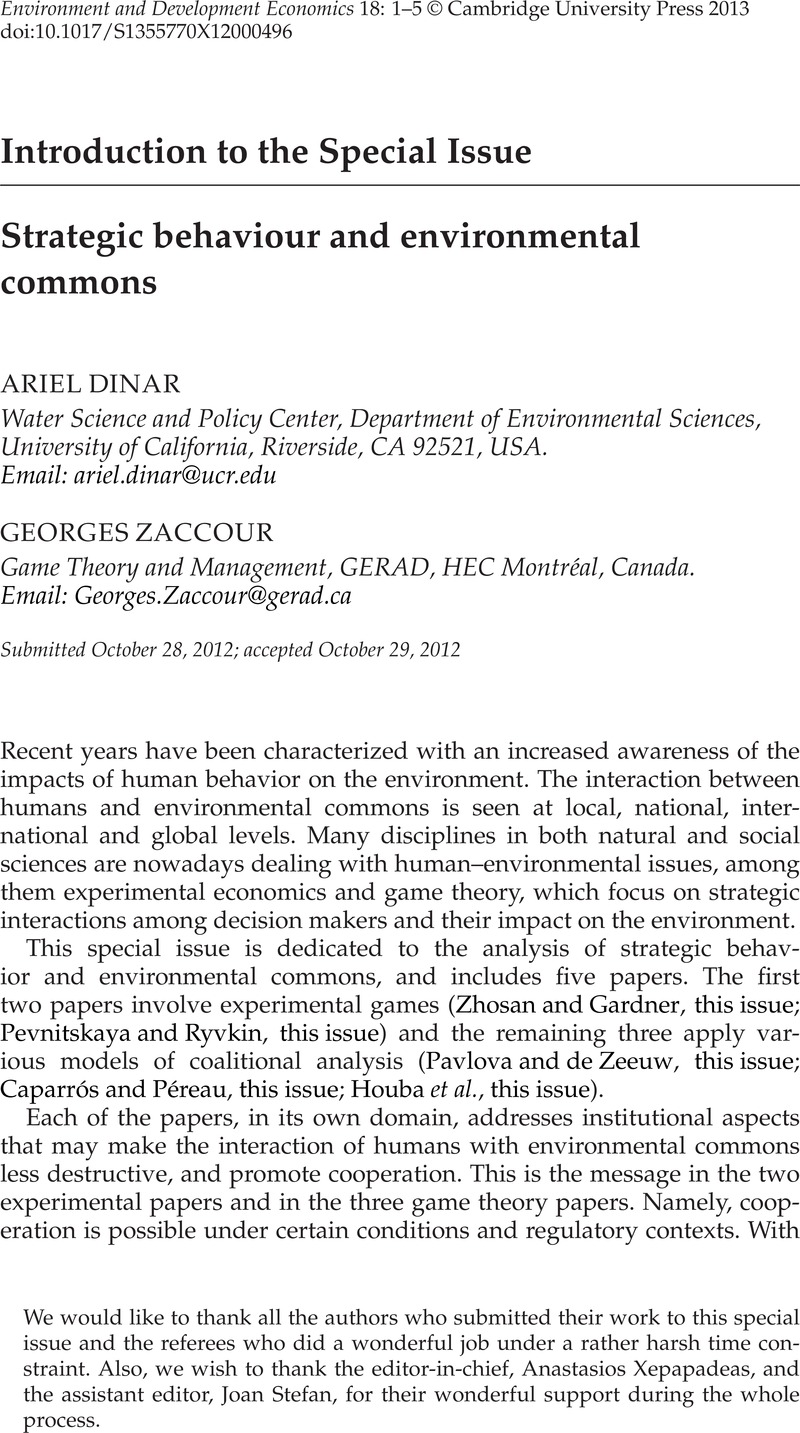Crossref Citations
This article has been cited by the following publications. This list is generated based on data provided by Crossref.
Perrings, Charles
2014.
Environment and development economics 20 years on.
Environment and Development Economics,
Vol. 19,
Issue. 3,
p.
333.
Long, Ngo Van
2016.
Handbook of Dynamic Game Theory.
p.
1.
Long, Ngo Van
2018.
Handbook of Dynamic Game Theory.
p.
673.





